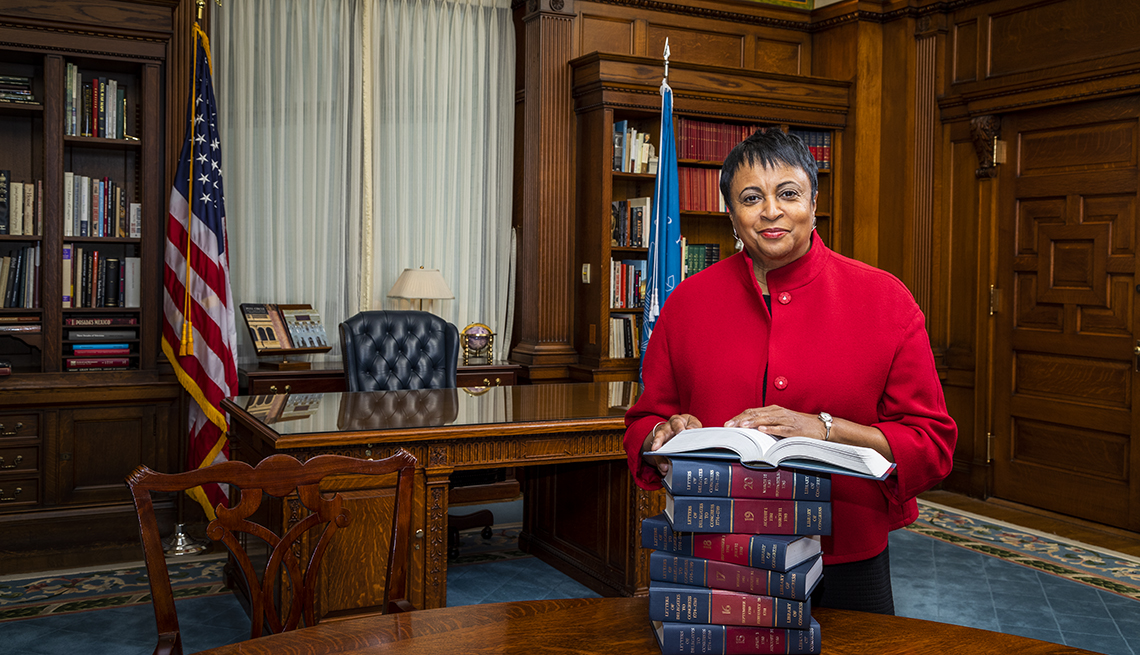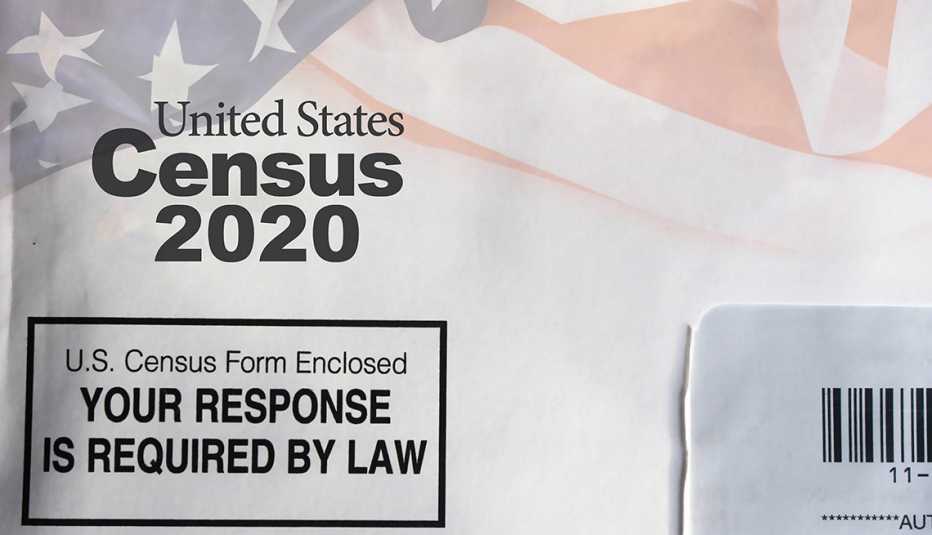Staying Fit
You are the first woman as well as the first African American librarian of Congress. It’s a small club, right?
The first librarian of Congress was appointed in 1802, two years after the library was established. I’m the 14th. The first woman is significant because 80 percent of the library workforce in America is female. And of course, a person of color is significant because people who looked like me were once forbidden to read.
The struggle for those freedoms has meaning to you.
Frederick Douglass talked about that in his autobiography. He knew there was something magical about reading, because it was forbidden.


AARP Membership— $12 for your first year when you sign up for Automatic Renewal
Get instant access to members-only products and hundreds of discounts, a free second membership, and a subscription to AARP the Magazine.
You got in some trouble reading too much as a child, right?
I was attending P.S. 96 in Jamaica, Queens, and there was a small storefront branch library right across the street. I checked [one particular] book out so much that I had to use my allowance to pay the fines. It was a learning experience.
You have plenty of books to choose from here.
More than 24 million books, but then there are also lots of other items, like diaries and maps.
Tell me about some of the artifacts here.
We have one of three known locks of hair from Beethoven. We have four locks of Thomas Jefferson’s hair from different stages in his life. We have Harry Houdini’s files.


































































